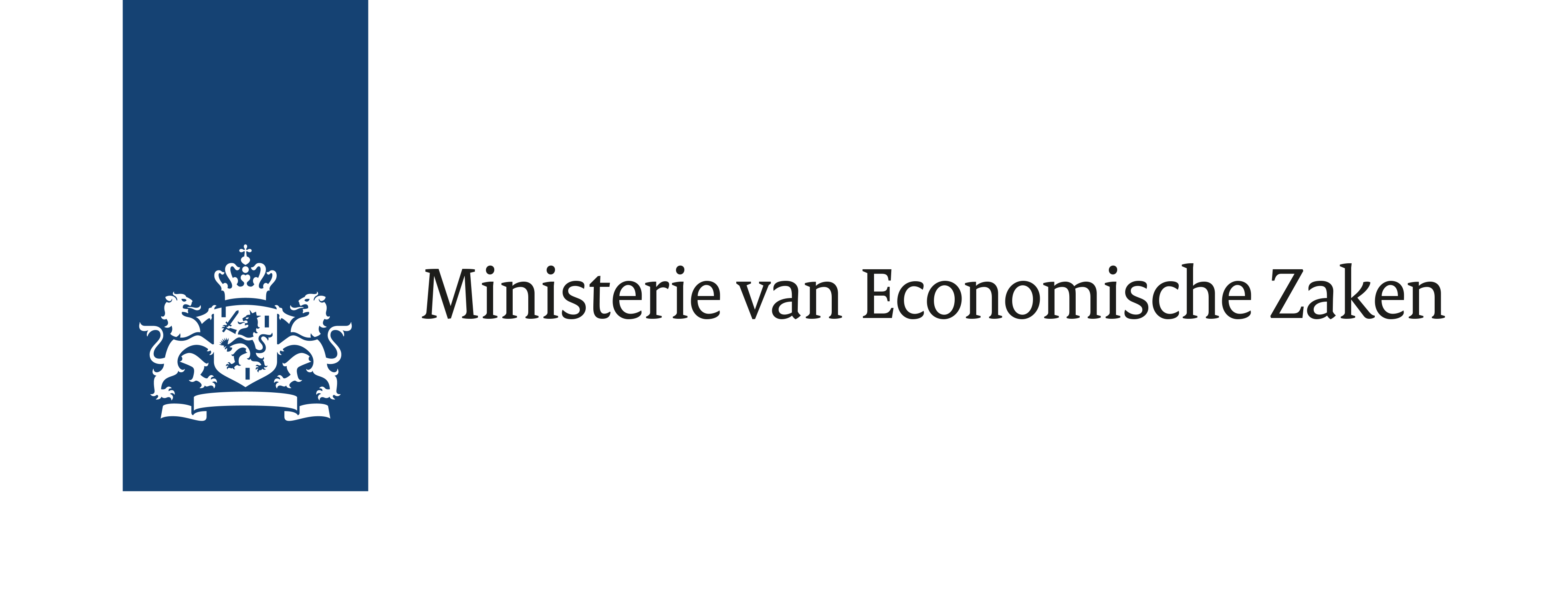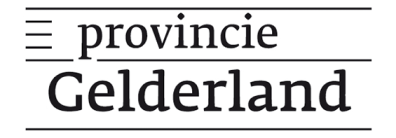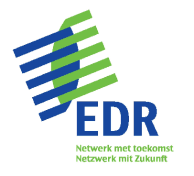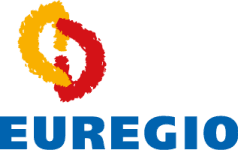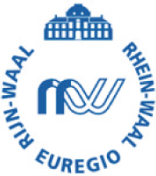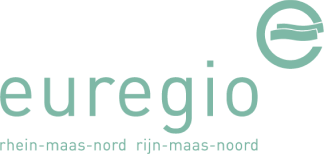In Germany and the Netherlands, it is desired that thousands of hectares of
peatlands are rewetted in the coming years to prevent oxidation of the peat.
Greenhouse gas emissions from peat oxidation are substantial: in Germany 5.7%
of total emissions (51 Mtonne CO2-eq) and in the Netherlands 4% (7 Megatonnes
CO2-eq). Rewetting slows peat degradation, but a balanced revenue model is
needed for farmers to make the choice of rewetting attractive. There is limited
experience with growing crops on plots of land with a high water table
(paludiculture). This crop can develop if production matches market demand.
In the Paludi & Market project, the focus is on the cultivation of cattail
for substrate production. This market is still largely dependent on (imported
and excavated) peat, Germany and the Netherlands together process about 13
million m3 of peat per year. Potting soil producers will switch to other
products in the coming years to reduce peat use; here, cattail can serve as an
alternative to peat.
The Paludi & Market project focuses on the coherence of two aspects: scaling
up cattail cultivation as an agricultural activity and the use of cattail as a
peat substitute in substrate production. Much attention is paid to knowledge
sharing and communication. In the project, cattail cultivation is moving from
the small-scale experimental phase to a relevant production environment on a
larger scale with market players. Work will be done towards: further optimisation of the cattail
production and rewetting process; the choice of cattail variety; monitoring
water quality, biodiversity and CO2 sequestration; optimisation of substrate
production for commercial use and alignment with customer specifications;
optimisation of storage and processing of the cattail material.

